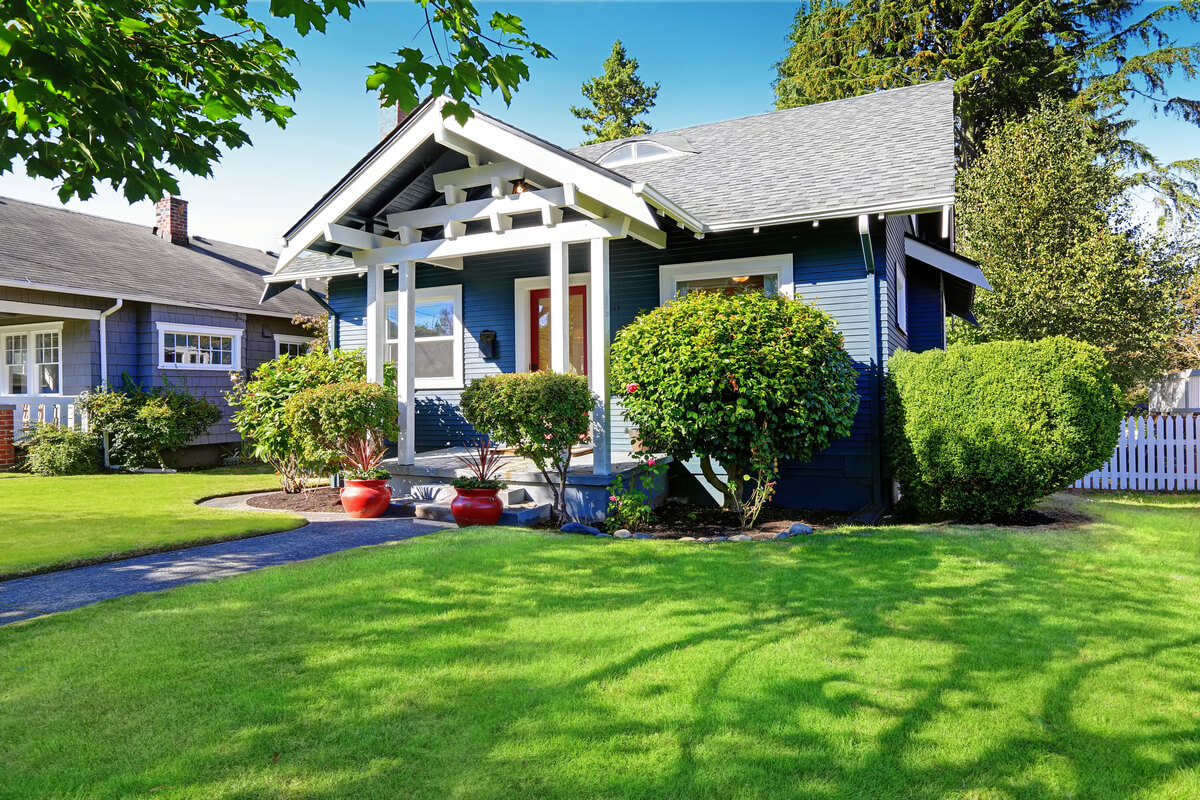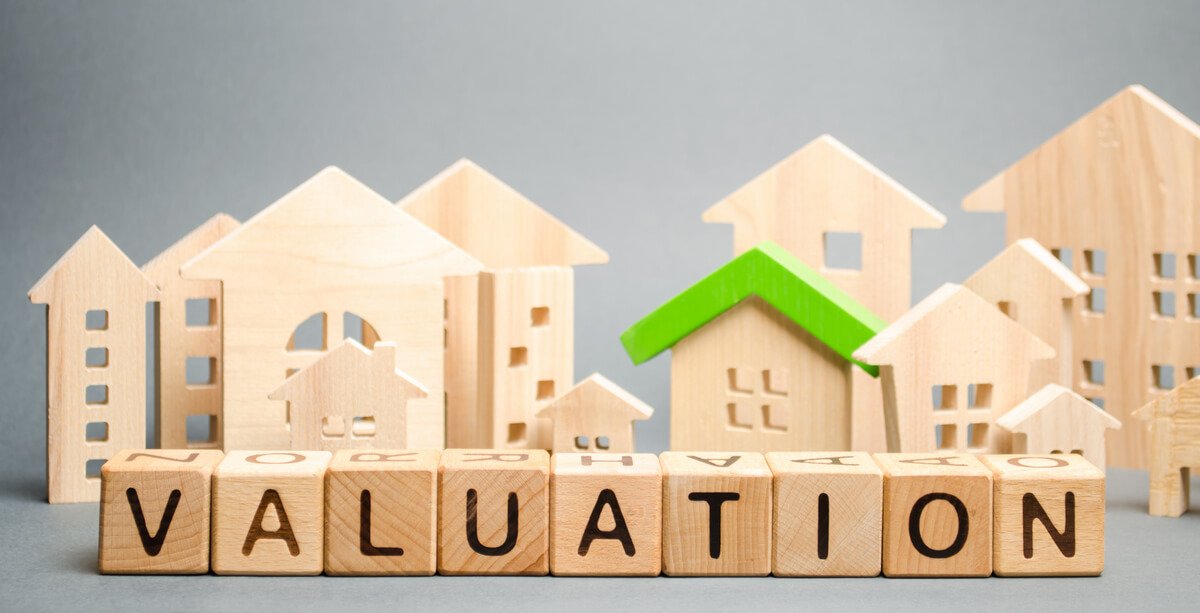For most people, location is the deciding factor when buying a home. You want to live in a state, town, and neighborhood that you love. Your location affects virtually every part of your day-to-day life, so it’s only natural that location is your first consideration in your home search.
However, there are many other important factors to consider, too. If you focus too closely on just one aspect of the home search, you might miss some important details. You could overlook a home that’s a great fit for your family, or you might buy a house that isn’t quite right. Here are five factors to keep in mind while you’re in the market for a home:

1. Lot
While the house itself is where you’ll be living, the land surrounding the home is worth considering as well. Do you want to own a sizable amount of land, or would you prefer a lot that’s smaller and easier to manage? How large of a yard do you want?
Consider possible risks that the property might create. For example, if your home is at the bottom of a hill, you should look into the property’s history of flooding. If you live in an area with harsh winter weather, a long or steep driveway could be problematic.
Think about how much distance you want from your neighbors, too. Some people like living in close knit communities where you can see and chat with your neighbors from your yard. Others prefer more secluded lots where the home is set much farther away from the neighboring houses.

2. Curb Appeal
The style of your home should reflect your personal style and preferences. This is where your first impressions may have a big impact on your decision. Although it’s important to consider so many other factors in your search, your gut instinct when you first lay eyes on the property can tell you a lot.
If you prefer a simpler and more laid-back lifestyle, your home should reflect that. If you have a large family, you should get a warm and welcoming first impression from the house. By searching for homes that seem to align with your personality and lifestyle, you’ll find it easy to settle in and feel comfortable as soon as you move.

3. Schools
If you have children or plan to have children, a good school district might be near the topic of your priority list when house hunting. You can research schools online to discover their test scores and other objective information. Talking to families in the area about their experiences with the school district is incredibly valuable, too.
Your realtor can be a good resource to learn more about the school district as well. If they’ve bought and sold homes in the area, they probably have helpful insight into how local families feel about the school system.

4. Layout and Storage
Most people have a general idea of how many bedrooms and bathrooms they want in their home, but there are also other considerations when it comes to the space and layout of your ideal house. First, think about whether a single-story or multi-story home would be better. If anyone in your family is reaching older age or has mobility limitations, a single-story home is probably a more practical option.
You can also consider whether you want an open floor plan or more private spaces. If you love having guests visit or hosting large gatherings, spacious communal areas are ideal for your home. If not, a home with smaller communal spaces but larger bedrooms might be preferable.
One of the most frequently overlooked factors is closet and storage space. A garage or a shed may offer plenty of room for you to store your belongings, but some families need even more storage areas. Think about whether the basement and attic are ideal for storage or if humidity or other environmental conditions would damage your belongings. Check out the closet space in each bedroom, too.

5. Resale Value
You’re probably not going to buy a home with the intention of selling it soon. However, resale value should always be a factor in your decision. No one can predict the future of the real estate market with certainty, but your real estate agent should have a general idea of whether or not you can expect the home to increase in value.
You can look at the history of home sales in your neighborhood to see whether property values are increasing, decreasing, or staying the same. If the home is located right next to an especially hot market, you can probably expect the property to increase in value as people get priced out of that market and look for nearby homes. Another good indicator is whether or not businesses are moving to the area or moving out of the area.
Some people begin their home search with every detail of their dream house in mind. Others have a vague idea of what they want but choose to follow their instincts when house hunting. No matter what your style is, though, it’s important to consider a wide variety of factors before you follow through with the purchase. You should consider the location, the property, the home itself, and your future plans when evaluating a house. Finding the perfect home requires patience, but this is never a decision that should be rushed. By taking your time and consulting regularly with your real estate agent, you’ll find the perfect home for yourself and your family.


